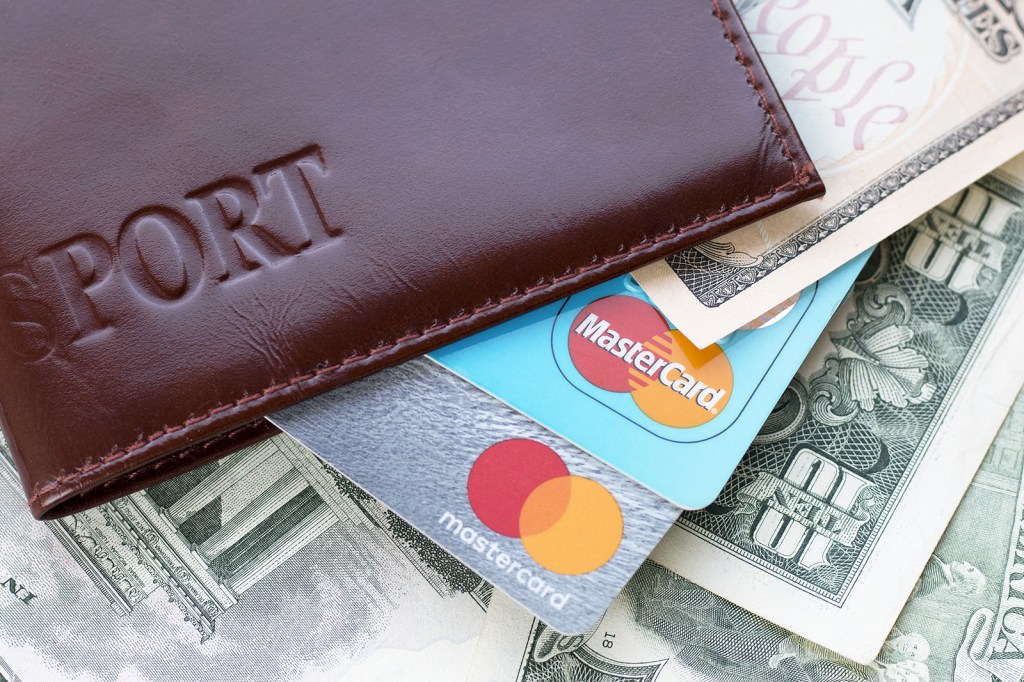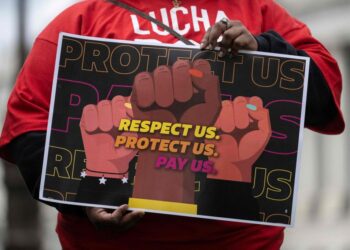Ted Rossman | Bankrate.com (TNS)
“Revenge travel” has been a big theme the past couple of years as Americans have been raring to go here, there and everywhere after hunkering down during the COVID-19 pandemic. As a result, the Transportation Security Administration screened a record-high 858.5 million passengers in 2023.
But it hasn’t been a smooth ride for travelers. In fact, if you flew in 2022 or 2023, there was a one-in-five chance your flight was delayed, according to the Bureau of Transportation Statistics.
Cancellations were an especially big problem in 2022, when the airline industry had a tough time ramping back up after the pandemic. That year, 2.7% of flights were scrapped entirely, often due to staffing and/or equipment shortages. Last year, however, the cancellation rate was a mere 1.3%. Higher prices — not cancellations or delays — were travelers’ biggest concern last summer and last holiday season, according to Bankrate research.
Still, there can be hidden costs associated with delays, cancellations and other travel snafus. For instance, my family flew from New Jersey to California last month, and both of our flights were delayed about two hours. With two young kids in tow, our nerves were strained more than our wallets, though we still ended up spending a bit extra on food (which isn’t cheap when even a basic airport sandwich seems to cost at least $15).
I’ve had a few other travel experiences in recent years which made me wish I had paid with a credit card with strong travel insurance benefits. These perks wouldn’t have kicked in for my two-hour delay, but they definitely could have helped me out the time my flight from Chicago to New York was diverted to Virginia in the middle of the night and the airline basically just left us there. Or the two times in 2022 when airlines canceled our flights the night before they were scheduled to leave (seemingly due to operational issues) and couldn’t rebook us for several days — or…
Read the full article here







